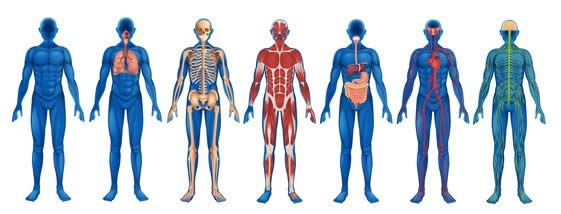
 25th Nov 2016
25th Nov 2016
 Community
Community
 By Ashley Shepherd
By Ashley Shepherd
For significant numbers of people, the idea of donating their body after death to medical science has many attractions. Let’s consider some of the issues and how to go about it.
The principles
The core process is relatively simple
- you contact one of the several medical schools which accept such donations for the purposes of science. They may have certain questionnaires and formalities you’ll need to go through. This entire process is regulated by the Human Tissue Authority or HTA
- you should ensure that your wishes are formally written into your will. It’s worth noting that your executors or solicitor cannot make the decision for you after your death. Somebody who has the power of attorney over your affairs is similarly unable to do so. It must be clearly seen to be your wish
- the processes are different in Scotland and are governed by Scots’ Law. You can find out more relating to Scottish considerations here.
You should also ensure that your family and next of kin have been informed of your wishes in advance.
Some complexities
There are some circumstances whereby a medical school may refuse to accept your body after death or in some cases, even as part of your initial donation proposal. Those situations might include:
- if you are already registered for organ donation. If your organs have been removed, some medical schools will most likely reject your body after death. Some may refuse registration even while you’re alive if you are already registered as an organ donor. A detailed discussion with each individual medical school may be required to clarify their individual policy in this area
- where your body has been subject to a post-mortem / autopsy. This is not something you, your solicitor or successors can refuse if ultimately the coroner requires it
- if there are lengthy delays in your body becoming available. You should check with your selected medical school but the release of a body can be delayed for reasons of administrative backlogs or contested wills.
The message here is that you cannot be 100% certain that your body will be accepted by a medical school after your death even if you had previously made your wishes known in this area.
Financial implications
Donating your body to medical science is noble but some people also consider that this is a route to save on funeral expenses.
A little caution is advisable here though.
Some medical schools will arrange for the transfer of your body to their institutions but others will expect your estate to meet that cost. Some might require that you meet a certain percentage of it.
It’s worth remembering that such transport costs are never ‘trivial’. As stated above, body donation after death doesn’t always happen even though you may have wanted it. Should a medical school refuse your body, then your funeral costs will be incurred by your estate and successors.
Avoiding the costs
As nobody can guarantee that your body will be accepted for medical research after your death, it’s worth thinking about a prepaid funeral plan to avoid your family being left to cope with the financial burden.
If your plans come to fruition and your body is accepted by a medical school, then your family can get a refund on the plan, minus only a cancellation fee of usually around £300 to £400.
It may be worth thinking seriously about.